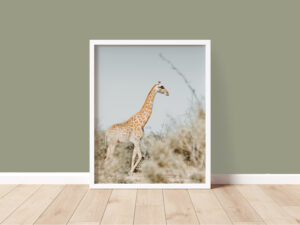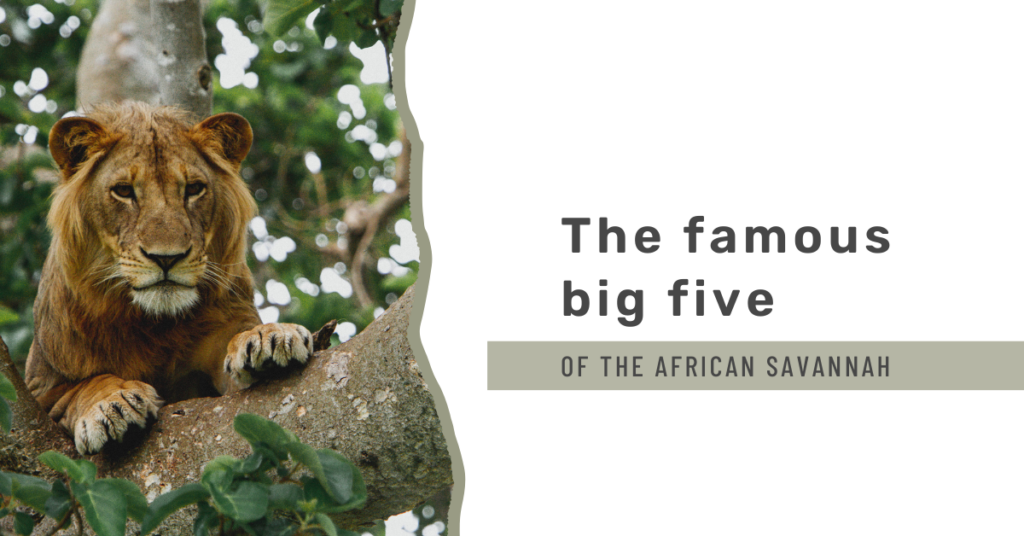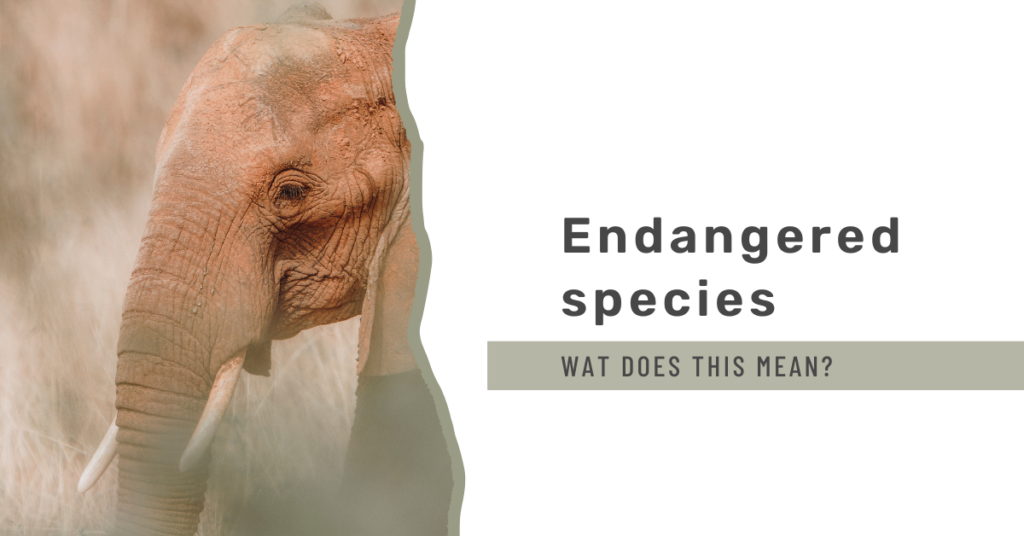Animal behaviour is a vast and complex field of study that encompasses the actions and reactions of animals to their environment. From communication to feeding, mating, migration and more, animal behaviour is essential for an animal’s survival and adaptation to its surroundings. Understanding animal behaviour is not only important for conservation efforts, but it also allows us to gain a better appreciation of the natural world around us and the incredible creatures that inhabit it. In this blog post, we will explore the various types of animal behaviour, their importance, and how scientists study and research them.
Instinctive Animal Behaviour
Instinctive behaviour refers to innate responses that animals have to certain stimuli. These behaviours are hard-wired into an animal’s genetic makeup and do not require learning. Examples of instinctive behaviour include a spider spinning a web. A bird building a nest, or a salmon swimming upstream to spawn. These behaviours are essential for an animal’s survival. Allowing them to carry out activities necessary for survival without having to learn them.
Learned Behaviour
Learned behaviour, on the other hand, is behaviour that animals learn over time. This type of behaviour is not innate and is acquired through observation, trial and error, or other forms of learning. Examples of learned behaviour include monkeys using tools to extract insects from tree bark, dolphins learning to communicate with humans, or dogs being trained to perform tricks. Learned behaviour is crucial for an animal’s adaptation to its environment and the acquisition of new skills
Social Behaviour
Social behaviour refers to the interactions that animals have with other members of their species. This behaviour can be either cooperative or competitive, depending on the situation. Examples of cooperative social behaviour include birds flocking together for protection, wolves hunting in packs, or bees working together to build a hive. Competitive social behaviour includes animals fighting for territory, food, or mating partners. Social behaviour is critical for the survival of many species, as it allows them to work together to accomplish tasks they couldn’t achieve alone.
Reproductive Behaviour
Reproductive behaviour refers to the actions animals take to ensure the continuation of their species. This behaviour can include mating rituals, courtship displays, or the building of nests or burrows for offspring. Reproductive behaviour can be influenced by environmental factors such as temperature, light, or food availability. The success of reproductive behaviour is essential for the survival of a species, as it ensures the continuation of its genetic lineage.
Migration
Migration is the seasonal movement of animals from one area to another. Animals migrate for a variety of reasons, including food availability, breeding opportunities, or climate changes. The migration of animals can be awe-inspiring, with many species travelling thousands of miles to reach their destination. Migration is critical for the survival of many species. It allows them to access resources that may not be available in their home range.
Studying Animal Behaviour
Studying animal behaviour is not an easy task, and it requires patience, persistence, and a lot of observation. Scientists use a range of methods to study animal behaviour, including direct observation, experiments, and data collection. They also use advanced technology, such as GPS tracking and remote cameras, to study animals in their natural habitats without disturbing them. By studying animal behaviour, scientists can gain a better understanding of how animals interact with their environment and each other. Which can inform conservation efforts and help us to appreciate the incredible diversity of life on Earth.
Each type of animal behaviour is essential for an animal’s survival and adaptation to its environment, from instinctive behaviour to migration. While the study of animal behaviour is fascinating. It’s important to remember that animals are not just objects of study or sources of entertainment. They are living beings that deserve respect and consideration. When watching and photographing wildlife, it’s essential to do so ethically and responsibly.
Want to support my work?
I spend a lot of time keeping this website filled with educational content and keeping updates about what I do to achieve my dream of working and living in Africa. Do you want to support me? You can buy me a coffee or purchase one of my digital prints. All proceeds will go towards my research work and the time spent on this website.







